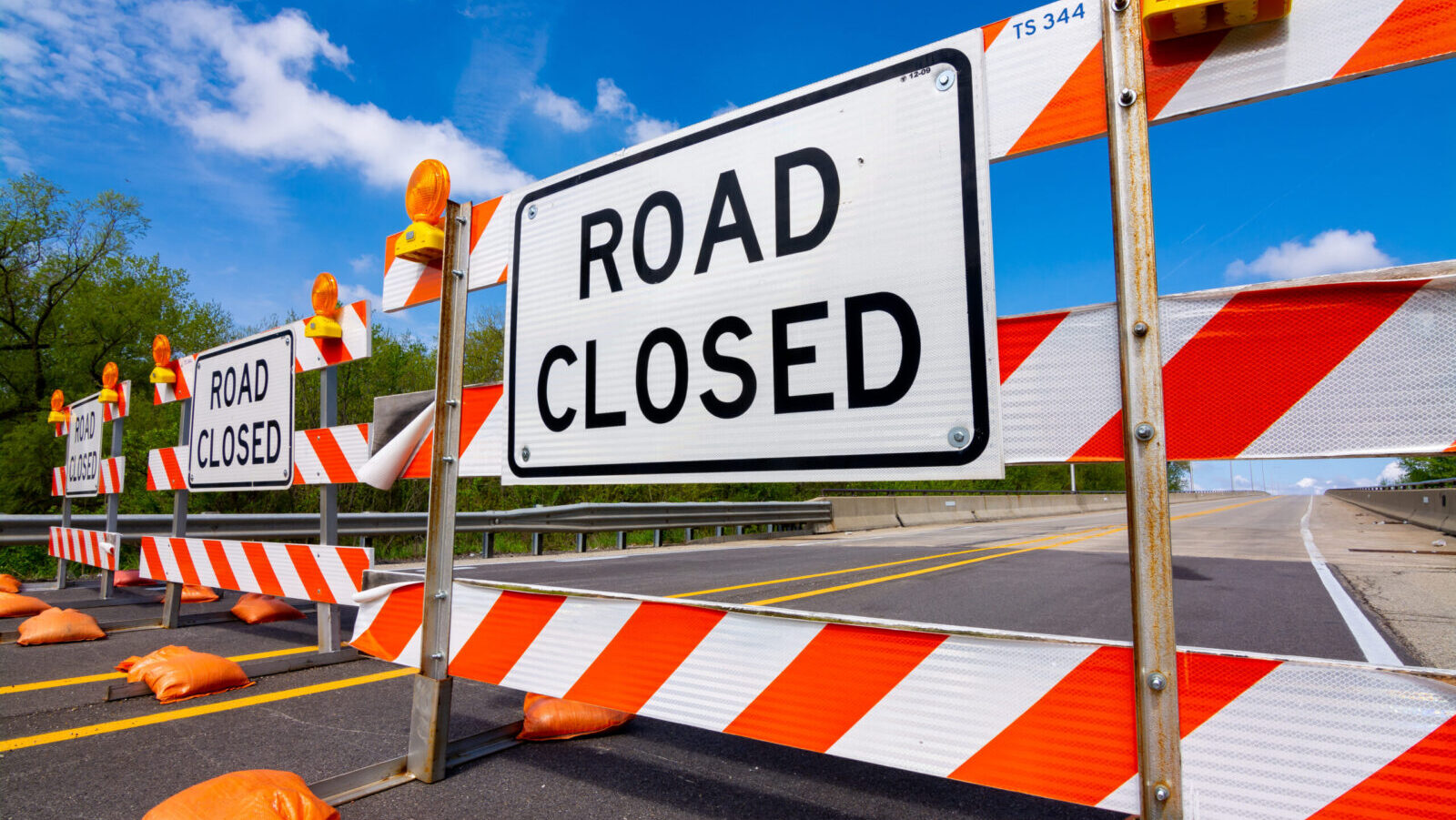VGTs Remain The Major Roadblock For Illinois Online Casino Legalization
“The VGT is a pretty big lobby,” state Sen. Cristina Castro said, noting that VGT backers are worried about cannibalization from iCasinos.
4 min

Attempts to legalize Illinois online casinos in 2025 are likely to suffer the same fate as previous years for one reason: Illinois’ video gaming terminal stakeholders.
Nearly 48,000 video gaming terminals (VGTs) are operating in Illinois, and VGTs trail only the Illinois Lottery as the gaming entity in the state to reap the most tax revenue. Since 2012, the number of Illinois VGTs, which operate similarly to slot machines in a casino, has increased 78,564%.
Bills to make online casinos in Illinois legal have floundered in recent years, thanks in large part to VGT stakeholders flexing their collective muscle. Short of a crack in that solidarity, an economic disaster, or a compromise between competing interests, future bills to legalize iGaming in Illinois are unlikely to gain much traction.
Illinois’ VGT history
A bill to legalize video gaming in Illinois was signed in July 2009 by former Gov. Pat Quinn. The first VGTs launched in September 2012. Sixty-one terminals operated in the first month.
At the outset, each establishment was allowed five VGTs. Revenue was taxed at 30%. Eighty-three percent of the tax money went to Illinois’ Capital Projects Fund. The other 17% went to local governments that allowed VGTs to operate. After taxes, the remaining revenue was split evenly between the VGT operators and the establishments.
Today, establishments are allowed six VGTs, but licensed truck stops that sell more than 50,000 gallons of fuel per month are allowed 10 terminals. The tax on VGT revenue increased from 30% to 34% in 2020. Earlier this year, the state increased the tax rate to 35% when it also adopted a graduated tax rate on sports betting operators.
The additional VGT tax money above the original 30% rate has been directed to the Capital Projects Fund.
The state also allows the Illinois Department of Agriculture to operate up to 50 VGTs during the Illinois State Fair in Springfield and up to 30 terminals during the state’s second fair, the DuQuoin State Fair. VGT income from the fairs is taxed at 35% and deposited into the State Fairgrounds Capital Improvements and Harness Racing Fund.
Who holds power in the Illinois VGT industry?
Today, 47,985 VGTs operate in 8,596 Illinois businesses. As the number of terminals and businesses housing them has swelled over the past 12 years, so has the power the industry wields.
“One thing to understand is that the VGT lobby is not monolithic,” said Steve Brubaker, a mobile gambling analyst and longtime Illinois lobbyist. “Different groups have different interests. Generally, as a group, they have been successful in blocking iCasino entry into Illinois.”
Two power blocks exist in the VGT realm, Brubaker said: terminal operators and retail locations.
Terminal operators’ power originates, simply, with the amount of money VGTs make the state. In fiscal year 2023, the last full fiscal year of available data, VGTs produced $818.1 million in tax money for Illinois, trailing only the Illinois Lottery and its $872 million, according to the Illinois Commission on Government Forecasting and Accountability (COGFA). Casino tax revenue was a distant third at $157 million, followed by sports betting ($143 million) and horse racing ($6 million).
Through the first 11 months of fiscal year 2024, Illinois VGTs have produced $781 million in state tax money. These VGTs figures don’t include the money they produce for local governments, which is where retail locations become powerful.
Not only do VGTs produce significant revenue for the business owners who allow them to operate in their businesses, but they also generate revenue for the local governments that allow video gaming. Since 2012, VGTs are responsible for $896.7 million in revenue for local governments.
Pre-COVID-19, local government revenue from VGTs was $79.6 million in fiscal year 2019 and $61.1 million in fiscal year 2020, which did include the first four months of the pandemic (March-June 2020). That amount jumped to $141.1 million in fiscal year 2023, according to COGFA.
Business owners and local officials are influential constituents to lawmakers. If they see online casinos as a threat to their VGT revenue, you can be sure they exert their influence on lawmakers to protect their interests.
VGTs vs. casinos
VGTs have helped prop up the Illinois gaming industry in recent years as brick-and-mortar casino revenue has declined.
From fiscal year 2012 to fiscal year 2023, adjusted gross receipts at Illinois casinos have dropped 12.9% from $1.6 billion to $1.4 billion, according to COGFA. When you include VGT revenue, however, gaming revenue has increased from $1.6 billion to $4.3 billion.
It took only seven years for Illinois VGTs to surpass Illinois casinos in annual tax revenue to the state, and the gap between the two has widened each year since through fiscal year 2023. The Illinois Gaming Board has not released full fiscal year 2024 numbers.
Can some of the dip in revenue at Illinois casinos be attributed to the increased availability of VGTs? Certainly so. It’s those same cannibalization concerns that play a role in VGT stakeholders flexing their muscle against online casinos.
“The VGT is a pretty big lobby,” state Sen. Cristina Castro, one of the lawmakers working to legalize iGaming, told Casino Reports. “There is concern from this industry that allowing online gaming in Illinois would reduce in-person VGT use, leading to municipalities seeing a revenue loss. This, however, doesn’t account for the full picture because online gaming legislation would create another revenue stream.”
What’s in store in 2025?
Castro and Illinois state Rep. Edgar Gonzalez Jr., both Democrats, have introduced bills to legalize iGaming in the past.
During the 2024 regular legislative session, neither Castro’s bill (SB1656) nor Gonzalez’s bill (HB2239) received a committee hearing.
“We all want to ensure restaurants, bars, and other small businesses that rely on these terminals have the support they need and are able to continue operating in their communities,” Castro said. “That’s why the online gaming legislation I introduced last year would impose a higher tax rate on online gaming than previous iterations of this proposal. We want to continue having conversations about the best way to balance revenue goals and competition in the market.”
Gonzalez did not respond to a request for comment for this story, but he told Poker Industry PRO he plans to file another online casino bill in 2025.
“Our priority this session was the budget, and although iGaming was presented as a potential new revenue stream for the state, members of the House and Senate were wary of its implementation, especially after VGTs expressed opposition to the bill,” Gonzalez told PRO.
Brubaker suggested a scenario could play out where the largest terminal suppliers in the state position themselves to play a role in and push for Illinois online casinos, leaving behind the small terminal operators, retail locations, and their legislative support.
Such a scenario, Brubaker said, would have to include a revenue sharing plan that included the smaller operators and business owners.
“One other thing to think about with Illinois gambling: Greed is the word,” Brubaker said. “Everybody has to get something or no bill passes.”





